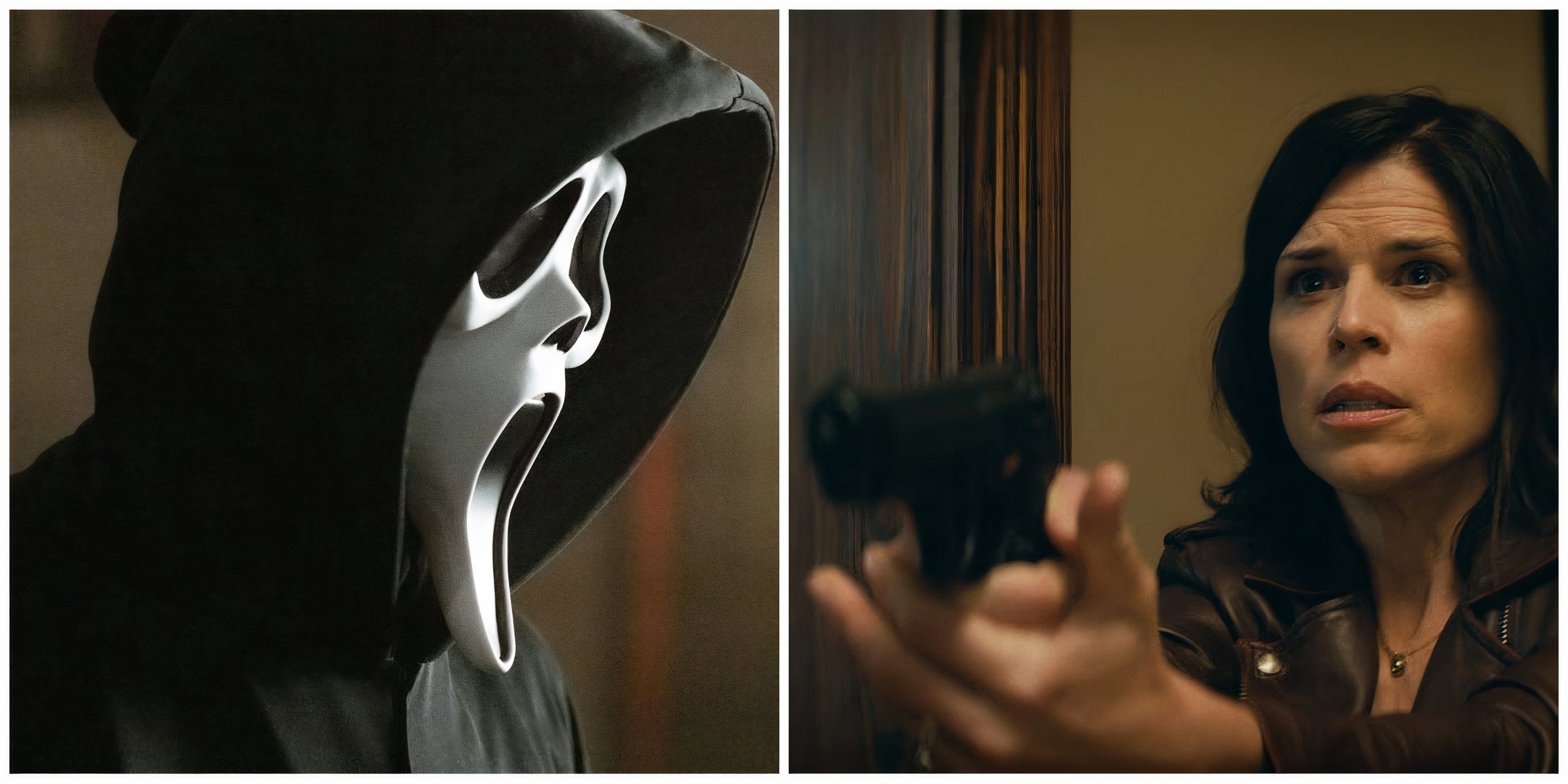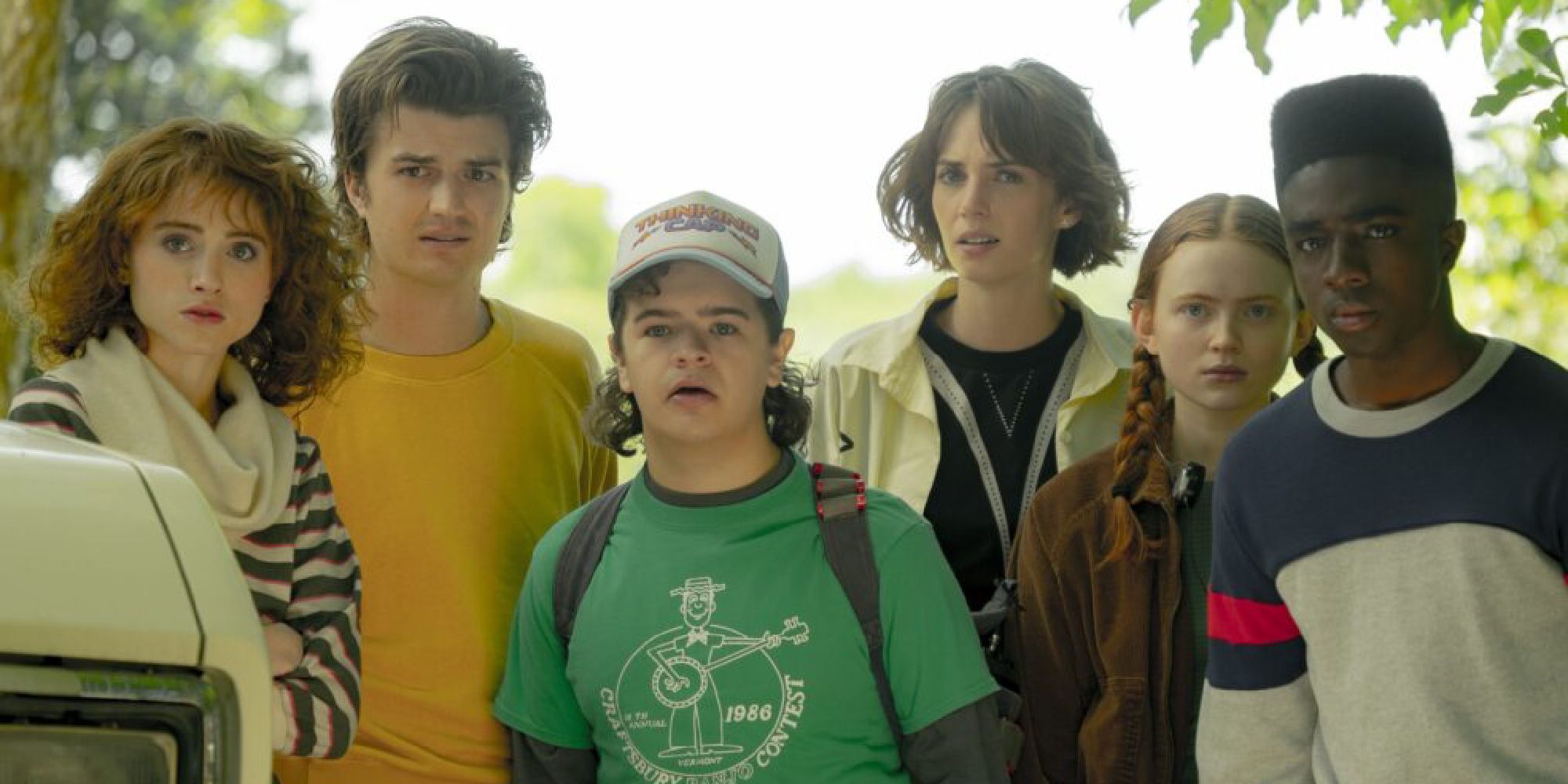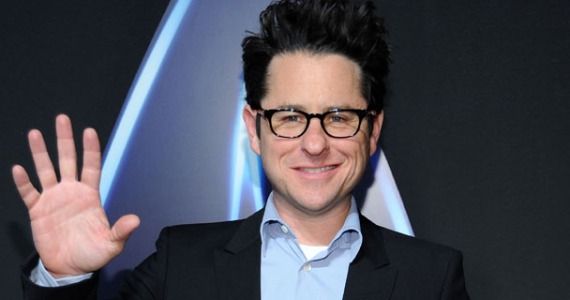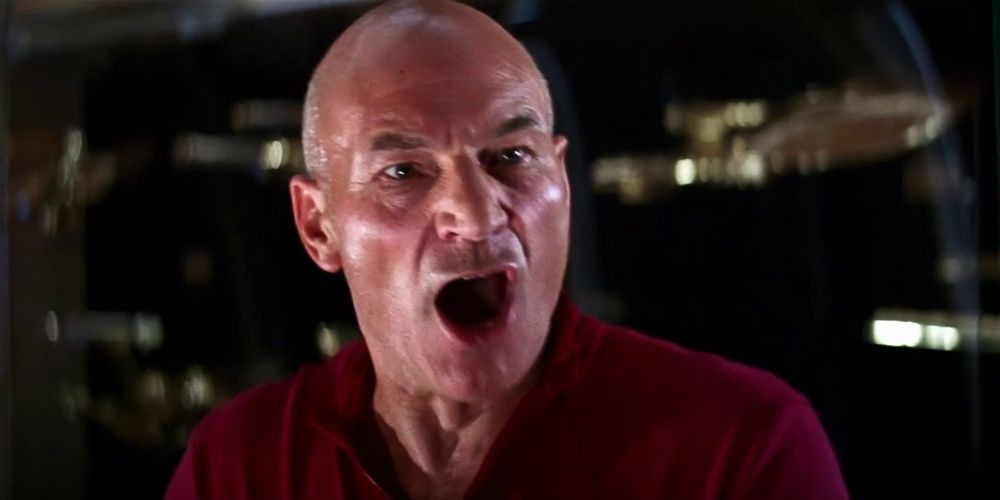When a franchise has been going for a long time, it is bound to fall into certain patterns and clichés. Star Trek is no exception. The program set a precedent for the space-faring science fiction genre (in all forms of media), but it also has a very distinctive style. Each show and movie always offered something new and different, a new take on the same old show.
However, a lot of the themes were still there, making it distinctively Trek. This is why it has maintained an almost cult-like following of Trekkies who love it. Then came along the big budget J.J. Abrams Star Trek films, which received a tremendous amount of pre-existing fan backlash. But why?
The crux of the issue is that, for many Trekkies, these films were not Star Trek movies. Rather, they were science fiction action flicks with pre-existing characters and universe mythology thrown in. A lot of Star Trek might fall into this genre bracket, as the franchise is not afraid of fights, action, drama (physical and emotional) and the like. But at its core, Star Trek was always meant to be what became known as "big idea" science fiction.
Rather than it being all about the fight between good and evil, all out warfare and fancy battles, Star Trek primarily used science fiction as a tool to explore and examine important, and often uncomfortable, concepts. Looking over the J.J. Abrams films, it would be easy to switch out the names of characters, ships, and races, for new ones. And it would have been a fairly generic sci-fi action thriller, with no connection to the originals, the very essence of Star Trek missing.
The biggest element that really rubbed fans the wrong way was that Abrams was never a Star Trek fan himself, something he was very open about. This was something he injected into the very fabric of his movies. He tried to make something new and completely different, and consequently left behind a lot of what made the old programs and movies great. He tried framing this as a positive, alienating pre-existing fans to draw in new ones, with promotional taglines such as “this is not your father’s Star Trek!” He was openly stated that these reboots were meant to distance themselves from the ‘nerdy’ and ‘uncool’ shows of the past, trying to appeal to a whole new and different target audience. The creators of the new films assumed that the pre-existing fans would watch it regardless as it was Star Trek. So, they chose to ignore them and look for fresh blood.
The movies were great action films, but never really even began to understand and show what Star Trek is all about. The best example of this, as pointed out by various fans, is a comparison between the TNG episode “Chain of Command,” an episode critically acclaimed and regarded to be one of the best episodes ever made, and the torture/capture scene from the Kelvin universe version made by Abrams.
In the TNG episode, Picard is captured by the nefarious, Nazi-inspired Cardassians, who proceed to torture him. It's horrifically brutal, but is also an honest, unflinching exploration into the complex physiology of torture. It gets under the surface of the dynamics surrounding the type of person who would be capable of doing such things, as well as what these acts of violence do to both the victim and the perpetrator. It was not something taken lightly by the cast or crew. Patrick Stewart studied interviews with torture survivors and got to know, as best he could, the physical and mental implications of living through the trauma. The episode was fantastic, and truly felt like a brutally honest portrayal of events that happen even today around the world.
In comparison, the Abrams Star Trek film did something similar — at least on paper — where Kirk is captured and tortured by the main villain. However, the whole scene plays out like any other generic action film. Instead of trying to make a meaningful commentary on societies and people that torture, the scene simply serves as a way to show how evil the bad guy is, and how tough and brave the hero is. They hurt Kirk, sure, but they do not break him like they nearly do with Picard. The whole thing is shrugged off like nothing deeply traumatic has happened.
This is just one example of many, but is a prime example of the core issue with the Abrams films, at least in their claim to be Star Trek movies. Star Trek has never shied away from sensitive topics; in fact, broaching them seems to be one of their main objectives. They have always been great at tackling these issues, and they do so in an intelligent and sensitive way. The Abrams films were all about entertainment, with fancy space battles and cool technology. They were a simple good-versus-evil situation lacking all the emotional turmoil, depth, and social commentary Star Trek is known for. They are not bad films by any means, and for those interested in sci-fi action they are a well-recommended watch. But for many fans of Star Trek, they do not deserve to carry the franchise's name.






